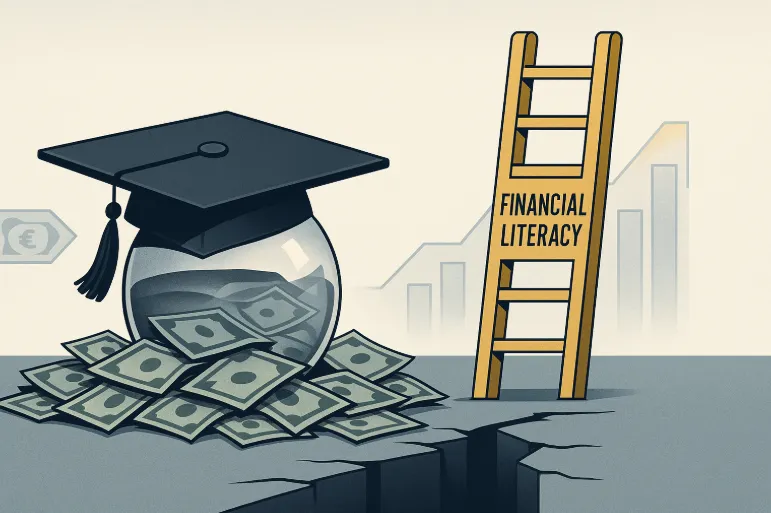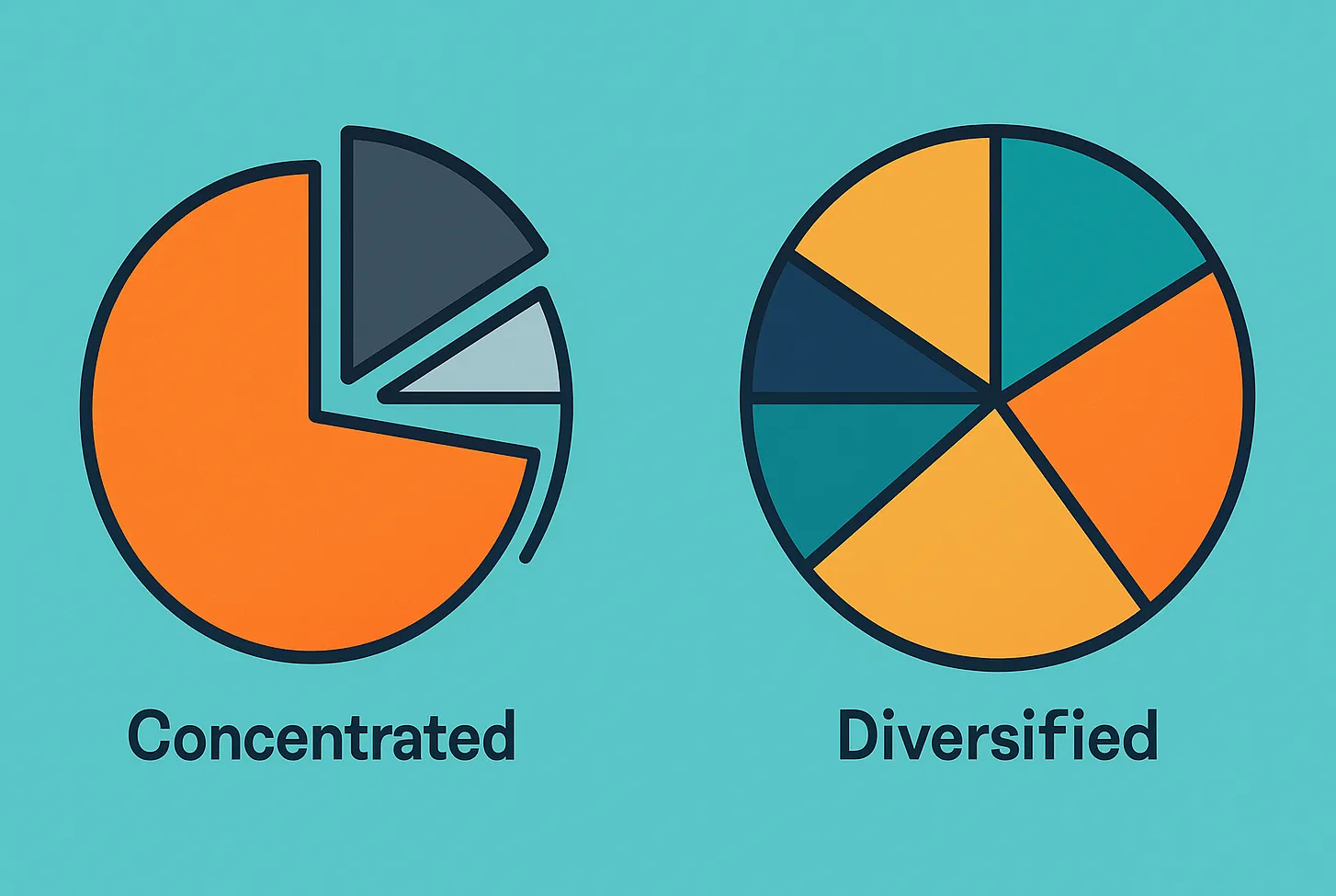The College Wealth Myth: A Degree Won’t Make You Rich

Go to college, get a degree, and you’ll be set for life.” That’s the promise generations have heard. It’s baked into how society talks about success and financial security.
But in today’s economy, that promise doesn’t always hold up.
According to the Federal Reserve’s 2023 Report on the Economic Well-Being of U.S. Households, 68% of adults with at least a bachelor’s degree believed the financial benefits of their education outweighed the costs. Yet that number drops significantly for those with lower levels of education—and just 31% of those who attended for-profit institutions felt their education was worth it. Factors like student debt, school type, and age all shape how people view their degree’s value.
So, does higher education guarantee wealth?
Not anymore—and for many, it never did.
This article breaks down the real relationship between college and wealth, what factors actually drive long-term financial success, and how to make smarter decisions about higher education
Key Takeaways
- A college degree can open doors, but it no longer guarantees wealth.
- Student debt, degree choice, and income potential all affect ROI.
- Many trades and alternative paths now offer competitive earnings without the debt.
- Financial literacy and savings habits often matter more than credentials.
The Cost of a Degree: More Than Just Tuition
Since the 1980s, college tuition has increased at more than double the rate of inflation. According to the U.S. Inflation Calculator, tuition and fees have surged by approximately 1,538% from 1977 to 2025, while general inflation over the same period was around 430%.
In today’s dollars, the average cost of a four-year degree at a public university now exceeds $100,000. At private universities, it can surpass $200,000—and that’s before adding interest from student loans.
This steep rise in cost challenges the long-held belief that a college degree guarantees financial prosperity.
A Degree Isn’t a Guaranteed Paycheck
While it’s true that college graduates generally earn more over their lifetimes, that average hides a lot of variability.
Not all degrees are equal:
- A computer science graduate might start at $70,000+.
- An art history graduate might struggle to find a job paying $40,000.
And not all careers require a degree:
- Electricians, plumbers, and coders can make six figures with the right experience and certifications.
What Really Builds Wealth
Wealth is about more than income. It’s about how money is managed.
Factors that play a bigger role than a diploma:
- Living below your means
- Investing early and consistently
- Avoiding high-interest debt
- Understanding taxes and retirement accounts
These habits, practiced over time, matter more than where someone went to school—or whether they went at all.
When College Still Makes Sense
Despite the challenges, college isn’t obsolete. It’s just no longer a guaranteed wealth generator.
It may still be worth it if:
- The degree leads to a high-ROI field (e.g., STEM, healthcare, finance)
- Scholarships or financial aid reduce costs
- The alternative is no post-secondary training or plan
But going into six figures of debt for a low-paying job market? That’s a tough sell.


